burning off zoysia grass
greg-57
13 years ago
Featured Answer
Comments (11)
auteck
13 years agoRelated Professionals
New Bedford Landscape Architects & Landscape Designers · Cottonwood Landscape Architects & Landscape Designers · Lyons Landscape Architects & Landscape Designers · Piqua Landscape Architects & Landscape Designers · Buford Landscape Contractors · Americus Landscape Contractors · Dedham Landscape Contractors · Dunwoody Landscape Contractors · Hayden Landscape Contractors · Ocoee Landscape Contractors · Pacifica Landscape Contractors · Webster Groves Landscape Contractors · Woodland Landscape Contractors · Antioch Landscape Contractors · Golden Valley Landscape Contractorsbotanicalbill
13 years agotexas_weed
13 years agoJoy40
12 years agotexas_weed
12 years agoshailu
11 years agoZoysiaSod
11 years agorager_w
11 years agolou_spicewood_tx
11 years agoJohn Donahue
8 months ago
Related Stories
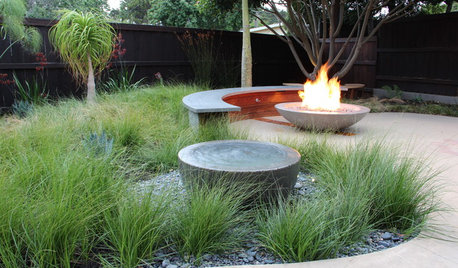
LANDSCAPE DESIGNEnergize Your Landscape With Masses of Grasses
Create year-round interest with waves of attention-getting grasses for all kinds of yards
Full Story
LANDSCAPE DESIGNIs It Time to Consider Fake Grass?
With more realistic-looking options than ever, synthetic turf can be a boon. Find the benefits and an installation how-to here
Full Story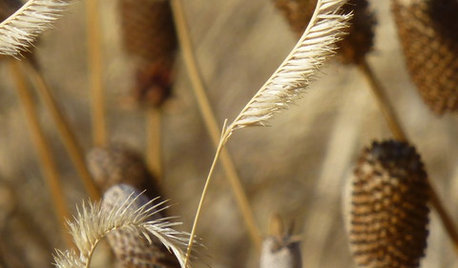
FALL GARDENINGAutumn’s Spent Flowers Enrich the Off-Season
The garden season never ends when you think beyond summer blooms
Full Story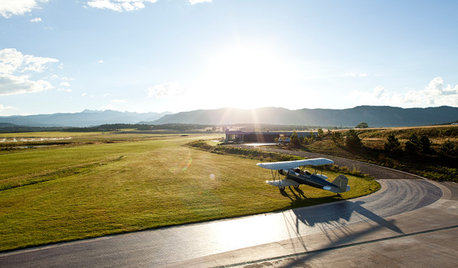
HOUZZ TOURSHouzz Tour: A Modern Mountain Home Takes Off With Its Own Airstrip
In Colorado, a glass and concrete home hugs a former hayfield that’s now a launching pad for antique planes
Full Story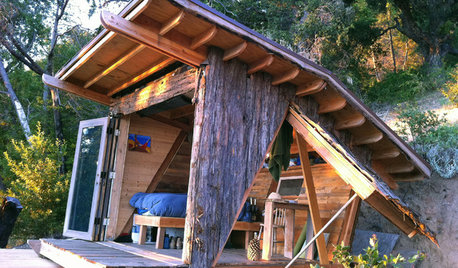
DREAM SPACESGreat Escape: A Tiny, Off-the-Grid Hideout in the California Woods
Covered in bark and topped by a living roof, this 90-square-foot retreat hides on its California hillside
Full Story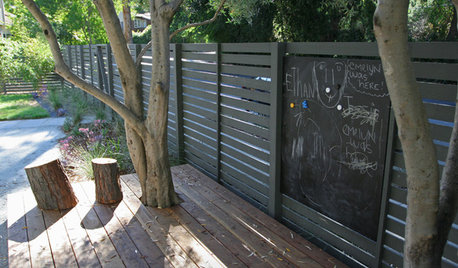
GARDENING AND LANDSCAPINGBackyard Play Spaces That Put Kids Front and Center
Skip the trip to the playground. These kid-friendly outdoor spaces will help your little ones burn off energy without leaving home
Full Story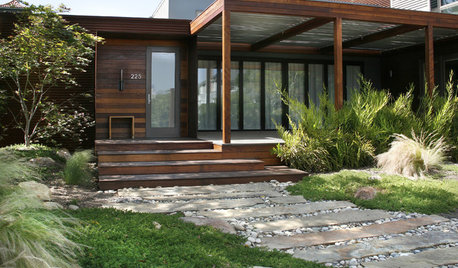
LANDSCAPE DESIGN7 Low-Maintenance Lawn Alternatives
Turf isn't the only ground cover in town. Get a lush no-grass lawn with clover, moss and other easy-care plants
Full Story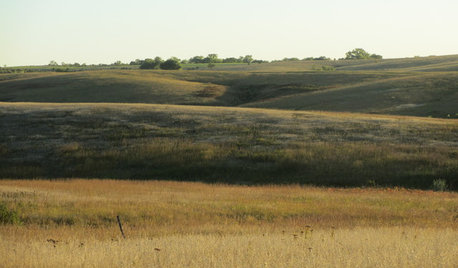
GARDENING GUIDESHow to Get Your Prairie On
Have a field day with your landscape, even if you've got just a few modern containers on a paved path
Full Story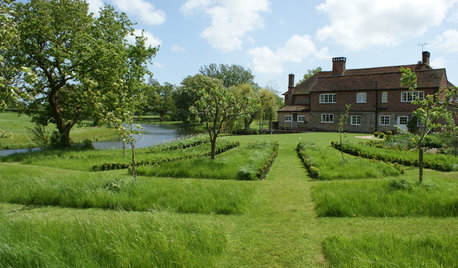
GRASSESHow to Rock a Lawn
Weekend Project: The key to healthy grass begins with the soil. If turf works for you, here’s how to fix it and keep it looking its best
Full Story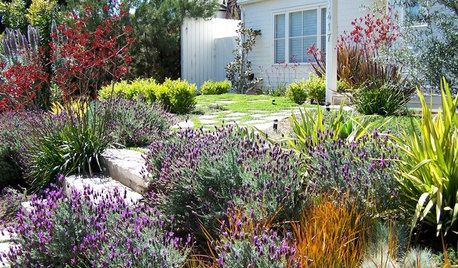
SAVING WATERGreat Plants for Lush, Low-Water Gardens
Water restrictions making your garden look washed out? Give it living color with unthirsty grasses, flowers and succulents
Full StoryMore Discussions






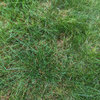

greg-57Original Author